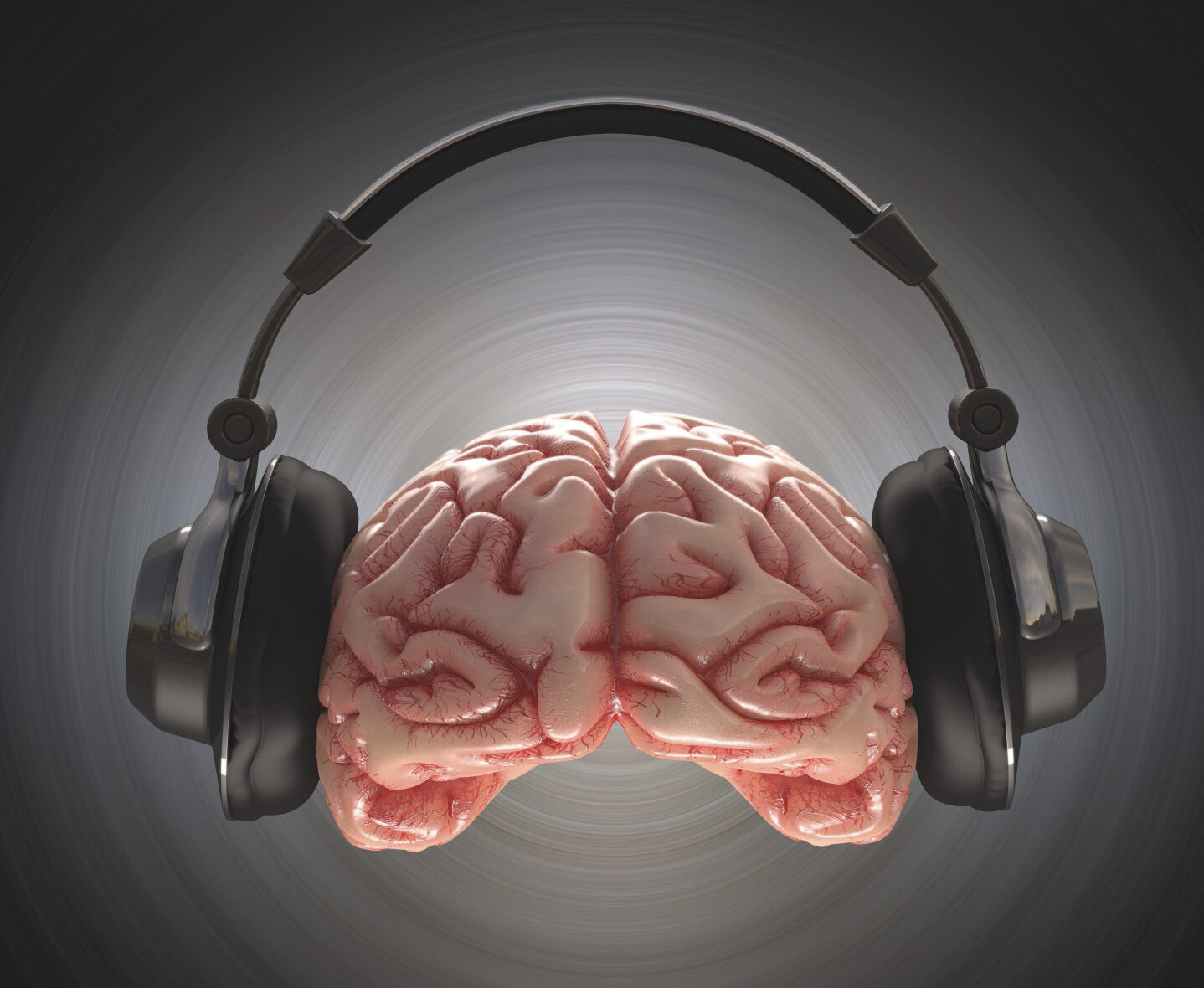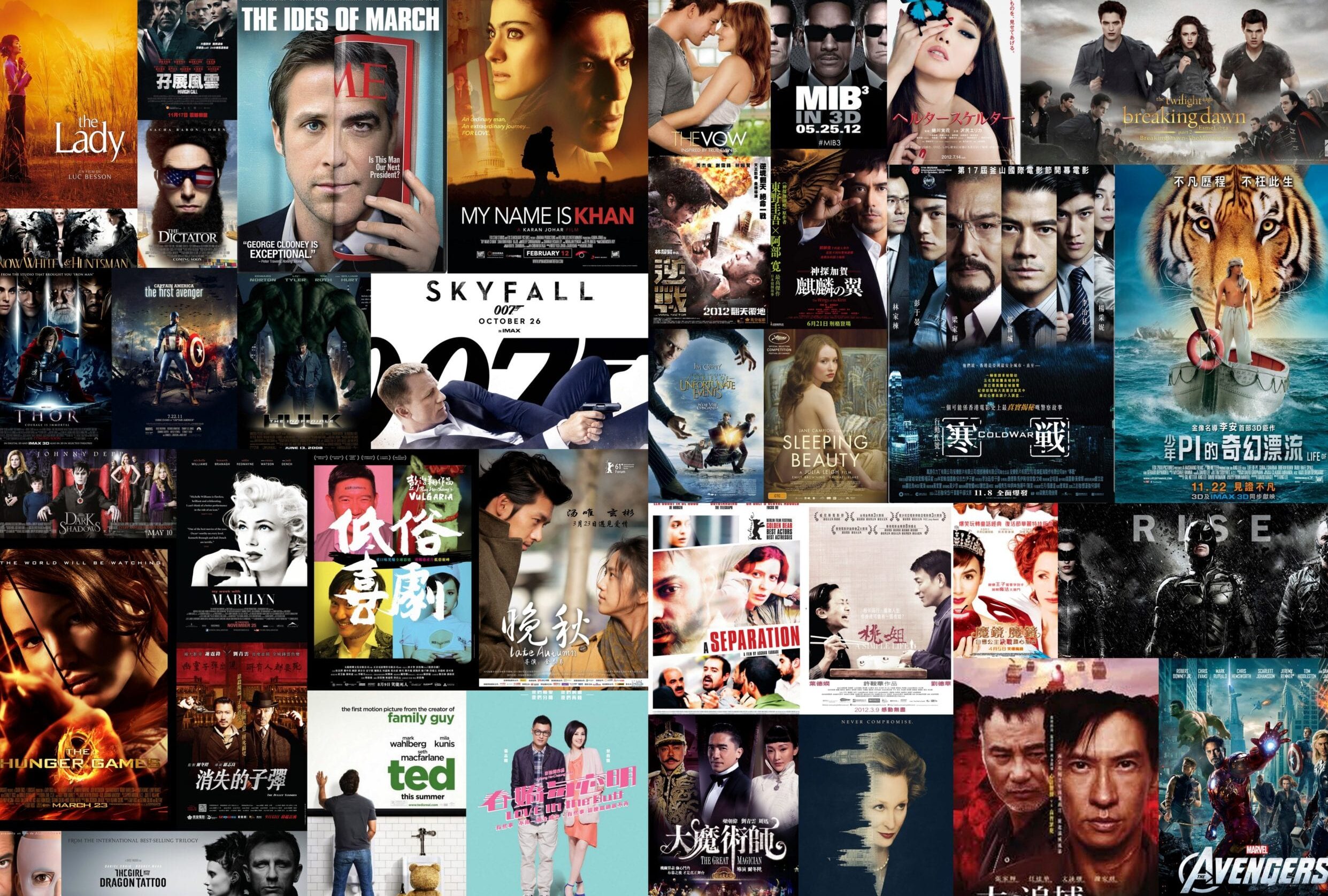Music has the power to transcend language and cultural barriers, bringing people together from all walks of life. As discussed in “The Power of Music” by Hallam, music can be a means of communication that reaches beyond words and allows for a shared experience. This is evident in the diversity of musical genres and styles found around the world, each with its unique cultural influences and sounds. For instance, Hip Hop culture includes various elements such as DJing, MCing, and breakdancing, which have evolved over time to reflect the experiences and struggles of the communities that created them. Thus, music has the ability to connect people from different cultures and backgrounds through shared experiences and emotions, making it a powerful tool for promoting understanding and unity.
Music has the ability to evoke strong emotions and personal expression, making it a powerful tool for self-discovery and emotional connection. As discussed in “The Emotional Power of Music,” music has the ability to express and evoke emotions in listeners, allowing them to connect with their own feelings and experiences. This is evident in the way music is used in various contexts, such as religious ceremonies, political rallies, and personal therapy sessions, to inspire and motivate individuals towards a particular goal. Additionally, listening to music while studying or working can help individuals focus, relax, and feel motivated, making it a valuable tool for personal productivity and well-being. Thus, music has the power to inspire and connect individuals on a personal and emotional level, making it a valuable tool for self-expression and growth.
Music has the power to shape culture, drive social and political conversations, and promote physical and mental well-being. As stated by musician Brian Eno, music is a form of energy that fuels our emotions and creativity. This is evident in the way music has been used throughout history to inspire social and political change, such as in the Civil Rights Movement and the fight against apartheid in South Africa. Additionally, music has been shown to have therapeutic benefits, such as reducing stress and anxiety levels, improving mood, and promoting physical healing. Thus, music has the power to shape our culture and society, as well as promote individual well-being, making it an essential part of our lives.
Discovering New Artists
One of the most exciting aspects of music is discovering new artists. To do so, individuals can explore different genres and styles of music to expand their musical horizons. By listening to a wide range of music, aspiring musicians can gain inspiration and discover new techniques to incorporate into their own music. Additionally, exposing oneself to diverse musical styles can help build a more inclusive and empathetic world. Utilizing music streaming services and social media platforms can also be an effective way to discover new artists. Platforms such as Apple Music and Spotify offer personalized playlists and recommendations based on individual listening habits. Social media can also be a powerful tool for discovering new music, with music critics and correspondents using their platforms to bring attention to emerging artists.
Attending live performances and festivals is another great way to discover new artists. Music festivals, in particular, have become increasingly popular in recent years. These events provide a platform for both established and emerging artists to showcase their talents. They also offer a unique opportunity for fans to experience live performances and discover new music. By immersing oneself in the festival experience, individuals can discover new artists and genres that they may not have otherwise been exposed to.
In conclusion, discovering new artists is an essential aspect of music appreciation and can be achieved through exploring different genres and styles, utilizing music streaming services and social media, and attending live performances and festivals. The power of music to inspire and bring people together is well-documented, and discovering new artists is a key component of this experience. By continuing to explore and appreciate new music, individuals can expand their musical horizons and enrich their lives through the power of music.
Exploring the Classics
Exploring the classics of music can be a fascinating journey into the history of human creativity. Classical music has a rich and diverse history that spans centuries, and delving into this history can provide insight into the cultural and artistic trends of different eras. Learning about the development of musical styles, instruments, and techniques can also deepen one’s appreciation for the music itself. Additionally, studying the history of classical music can provide a broader context for understanding the role of music in society and the ways in which it has evolved over time.
Classical music is home to many iconic artists and composers who have left a lasting impact on the world of music. From Bach and Mozart to Beethoven and Chopin, these artists have created some of the most beloved and enduring works of music in history. Learning about their lives and their musical contributions can offer a glimpse into the creative process and the cultural context in which they worked. Understanding the techniques and innovations of these artists can also provide inspiration for contemporary musicians and composers.
Despite being centuries old, classical music remains relevant in modern times. In fact, it has been scientifically proven that listening to classical music can enhance cognitive performance. Moreover, classical music has influenced many other genres of music, from jazz and rock to hip hop and electronic music. Additionally, classical music has a timeless quality that makes it appealing to people of all ages and backgrounds. Whether it’s listening to a symphony or attending an opera, classical music has the power to transport listeners to another time and place, and to evoke a wide range of emotions.
The Impact of Music on Society
Music has been a driving force behind cultural movements throughout history. From the blues and jazz movements of the early 20th century to the rise of hip hop and electronic music in recent decades, music has been a powerful tool for expressing cultural identity and promoting social change. Music has also been used as a means of preserving and exploring cultural diversity, allowing individuals to connect with their heritage and celebrate their unique traditions. As a result, music has played a significant role in shaping society and promoting cultural understanding.
Music has become an integral part of advertising and entertainment, with businesses and media outlets utilizing the power of music to capture audiences and evoke emotions. The use of music in advertising has been shown to increase brand recognition and consumer engagement, as well as create a memorable experience for viewers. Additionally, music has been a crucial component of the entertainment industry, providing the soundtrack to films, television shows, and video games. As a result, music has become a ubiquitous presence in modern society, shaping our experiences and influencing our emotions.
Music has also been found to have a significant impact on mental and physical health, with music therapy becoming an increasingly popular form of treatment for a range of conditions. Research has shown that music therapy can help reduce anxiety, depression, and stress, as well as improve cognitive function and motor skills. Music has also been used as a means of promoting healing and recovery in hospitals and other healthcare settings, with music therapy programs becoming more widely available. Overall, the power of music to heal and promote well-being underscores its importance in society and highlights the need for continued research and exploration into its therapeutic potential.










